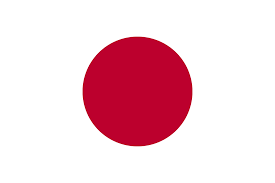Frequently Asked Questions
Peer review would be done by subject matter experts and academic editors.
As of now, we do not provide sample writings of your research. However, previous works as sample document are available on the website for you to view and get an understanding of the deliverable from our side.
We generally do not include plagiarism check or removal in the peer review service, however, if it is required by you, we can do the same. To generate a plagiarism report through WriteCheck, additional charges would be applicable
No, we do not provide a guarantee of acceptance of manuscript in journal after peer review. For guaranteed acceptance, additional charges would be applicable.
We would generally require 7-10 days to review a manuscript of maximum ~10,000 words.
Yes, you can contact your reviewers through our online platform called Rapid Collaborate.
Maximum of 3 reviewers would review a manuscript.









